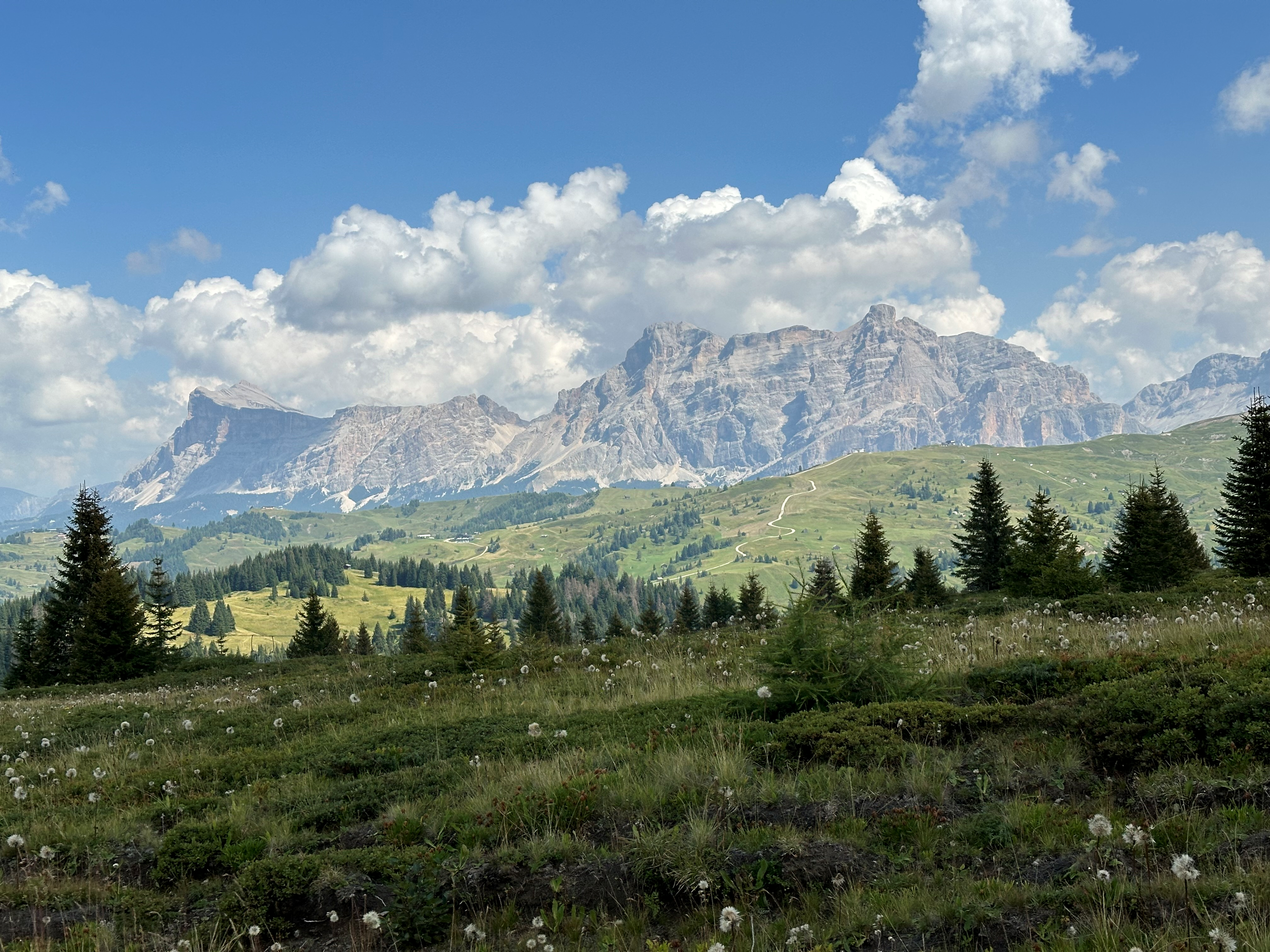In 2011 The European Commission adopted a comprehensive strategy (Transport 2050) for a competitive transport system that would increase mobility, remove major barriers in key areas and fuel growth and employment. At the same time, the proposals would dramatically reduce Europe’s dependence on imported oil and cut carbon emissions in transport by 60% by 2050. To achieve this will require a transformation in Europe’s current transport system. By 2050, key goals will include: – No more conventionally-fuelled cars in cities. – 40% use of sustainable low carbon fuels in aviation; at least 40% cut in shipping emissions. – A 50% shift of medium distance intercity passenger and freight journeys from road to rail and waterborne transport. – All of which will contribute to a 60% cut in transport emissions by the middle of the century. These topics are also at the centre of the work of the Action Group no. 4 of EUSALP, the European Strategy for the Alpine Region. Although the focus on freight transport is modal shift from road to rail, the last mile connection to the main transport nodes can only occur by road, due to distance and costs. This is where ACCESSMILE comes into play, making last mile accessibility between rural and peripheral areas more efficient through ICT and, consequently, more environmentally friendly. This is why Mr. Alberto Cozzi, representing the Lead Partner of ACCESSMILE, explained the project’s goal, outputs and expected results – jointly with the twin project MILEPORT, co-funded by the Interreg Italy-Croatia Programme – to the members of the EUSALP AG4 who met in Trieste on 26th September 2024. The discussion that followed highlighted the strong potential of replicability of the projects’ results also in the Alpine Area, for which the transit of goods by road is a pressing issue.

Mountain - Corvara
Exchanging practices and elaborating policies at macro-regional level
Date: 26.09.2024
By: ACCESSMILE